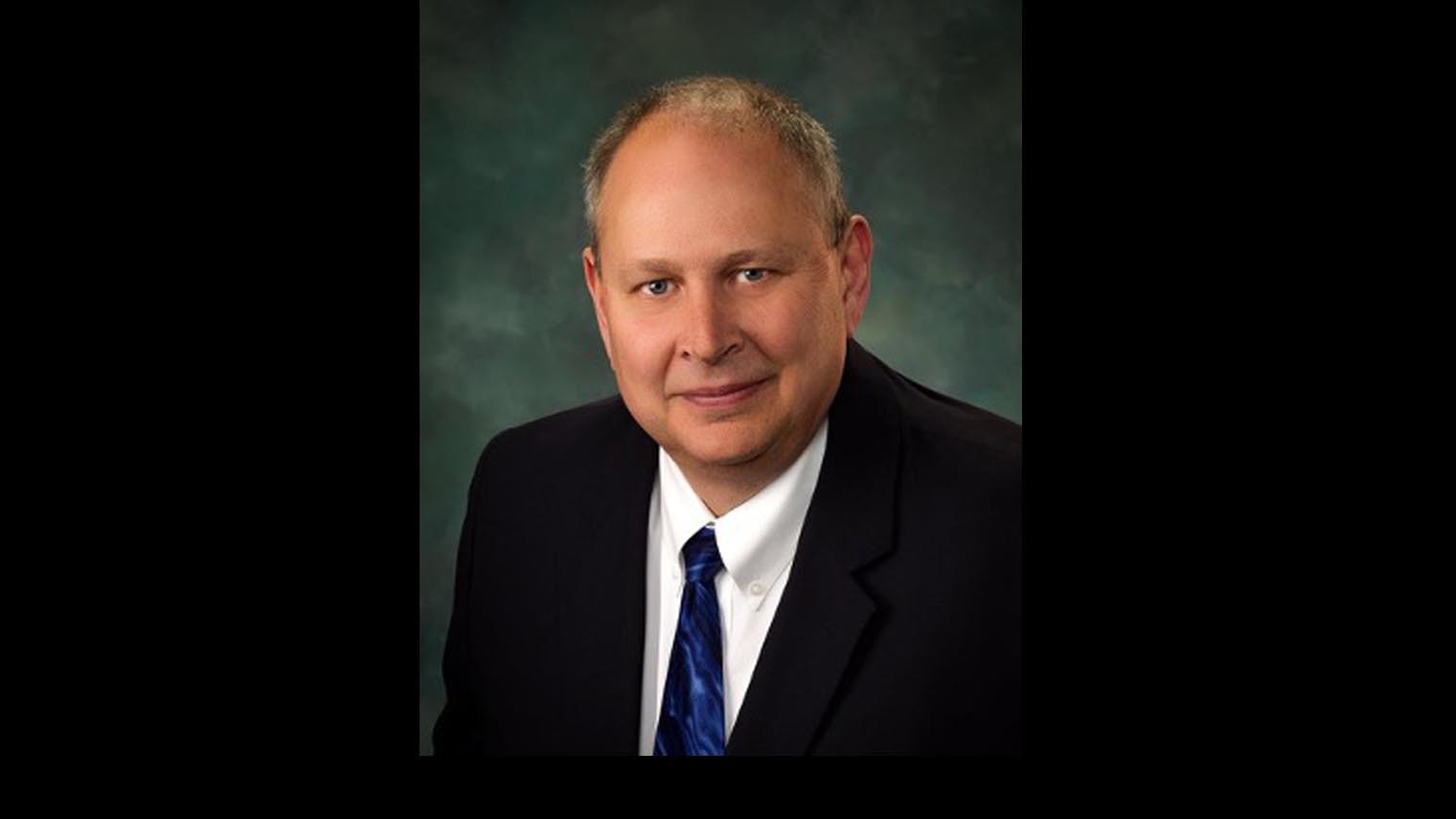Keith Gingery is a great political thinker and served as a talented representative from Teton and Fremont counties.
He is also a very skillful attorney in addition to his role as husband and father. With the 2024 elections nearly upon us, and candidates coming out of the woodwork to seek our votes, it might be time to consider what skills it takes to be successful.
In his 2011 address to the Wyoming Legislature, as Speaker Pro Tempore, Keith explained the skills it takes to be a good legislator. Keith has graciously given his permission to share these thoughts.
“What does it mean to be a legislator? And how do I know if I am being a successful legislator?
As to the first question, being a legislator is about relationships. It is that relationship between you and your constituents. It is a relationship between you and your fellow legislators.
It is understanding that the person you may be strongly debating against on one bill, that the very next bill, they will be your ally.
It is a relationship between you and the people of the State of Wyoming, beyond your own constituency in your district. It is understanding that sometimes you need to look to the needs of the whole state and not just your parochial interests. You will work to build these relationships. To build trust.
It is also about empathy. The ability to place yourself into the shoes of others and understand their needs, their struggles, their aspirations and their successes.
As to the second question, how do I know if I am being successful as a legislator?
I would urge you to create your own yardstick. Determine what to measure your success against.
Each of us are different, and so the criteria by which we measure is different.
For my yardstick it is to measure if I have improved their lives of my friends and neighbors. Will this bill assist with a need, or a struggle, an aspiration? And in many situations, the means by which I measure that same criteria is to actually vote no on a bill.
There are many bills that may improve our lives, but the cost financially or through the loss of our liberty, may outweigh the benefit. I would urge you create your own yardstick to measure your effectiveness.
Recently a case came out of the Wyoming Supreme Court regarding a traffic law. The law uses language that is ambiguous and is widely open to interpretation by the courts.
The judges across the state have interpreted this particular statute differently. The Supreme Court was correct to point out in a footnote that the Legislature should fix the language of the statute.
And there is a bill this session to deal with that issue. But, the point is that we need to understand that the words do mean something.
As the former Chairman of Judiciary, members of my committee remember well, that we would work the bill and then we would work the bill again. And then after we had worked the bill again, we would work it a third time.
We strove to make sure that any bill coming to the floor from our committee, did not need further work. We had ensured that the proper wording was being used and that the law was clear and concise, and not open to multiple interpretations.
I urge all of us to work the bills. And once you work the bill, work it again.
Lastly, advice from my 5 year old daughter. When you do not get everything in your bill and maybe someone has amended portions out or changed it in some manner that upsets you.
As Alexandra would say "You get what you get and you don't throw a fit."
Tom Lubnau can be reached at: YourInputAppreciated@gmail.com





